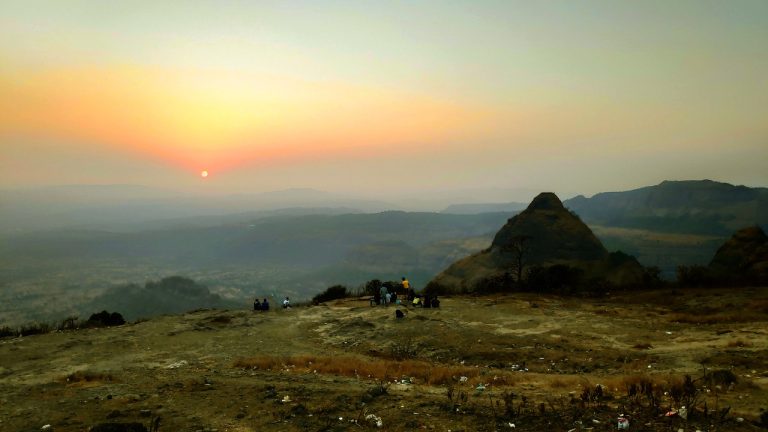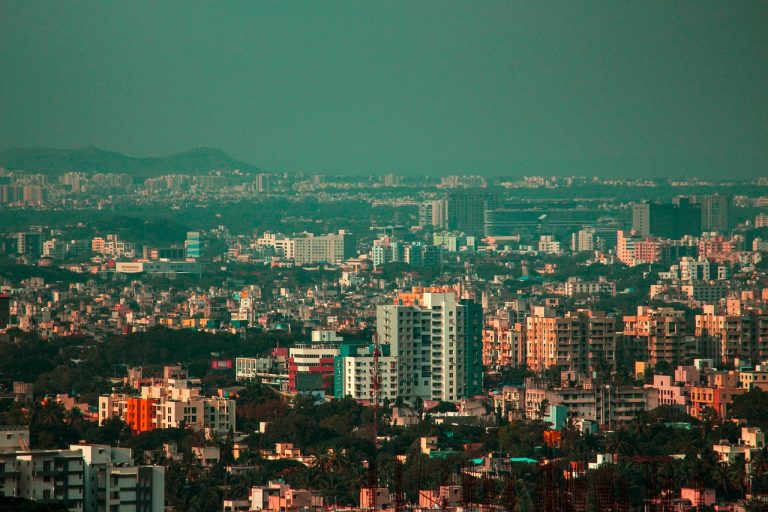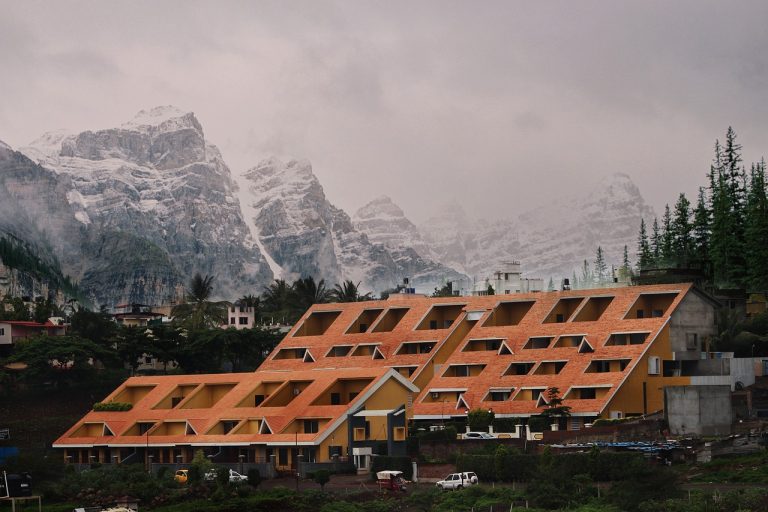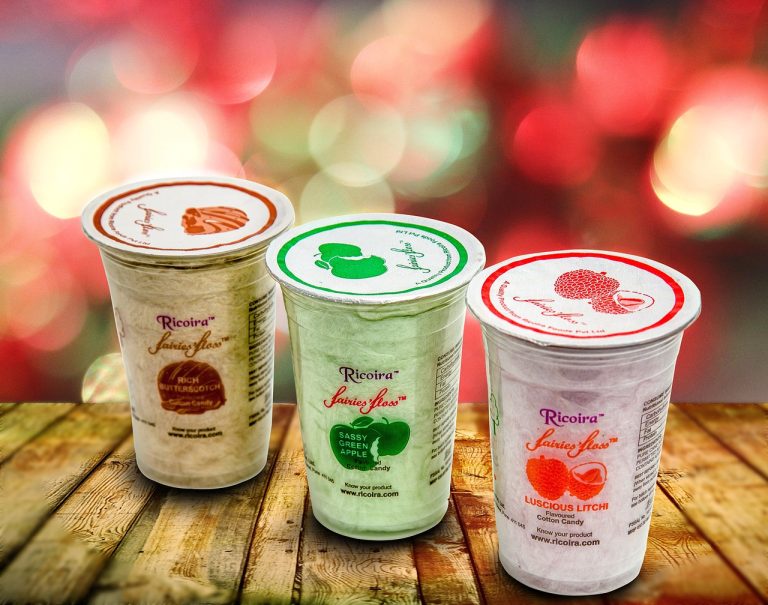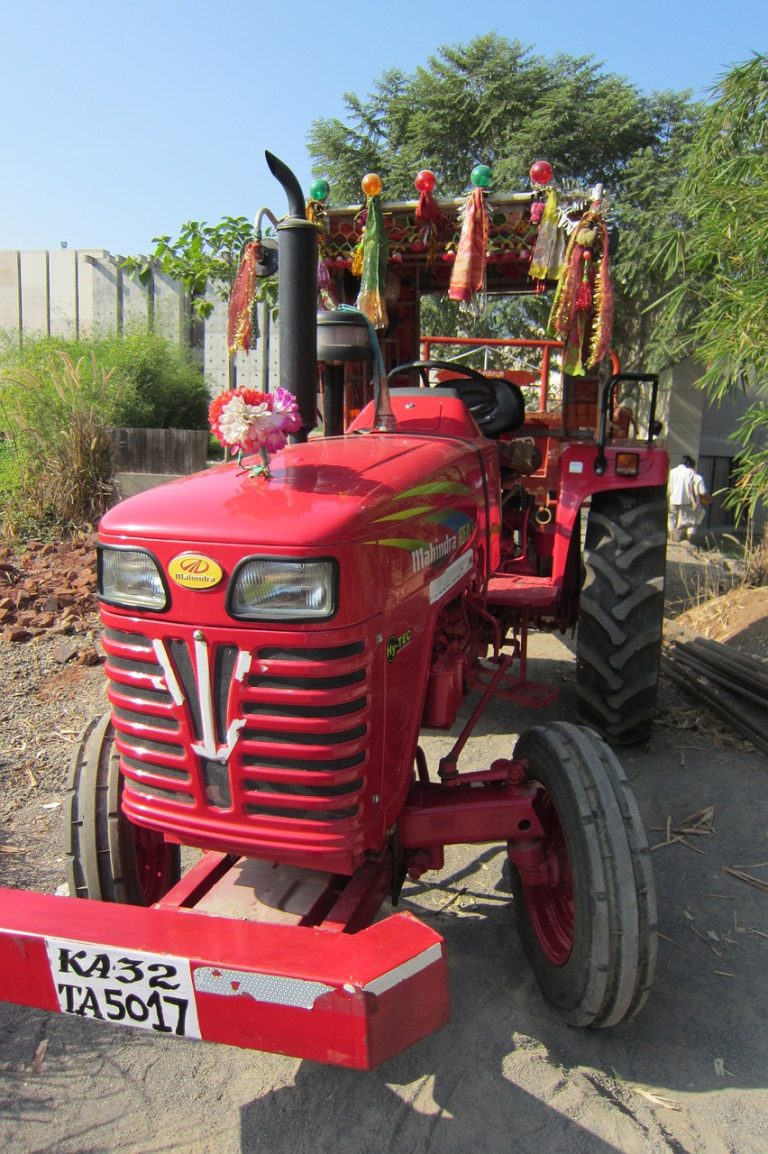Pune India Video
Social and Cultural Impact of Pune India
Pune, often referred to as the “Oxford of the East,” is a city in the western Indian state of Maharashtra. Known for its rich history, vibrant culture, and educational institutions, Pune has made significant contributions to the social and cultural fabric of India. This article explores the various aspects of Pune’s social and cultural impact, highlighting its historical significance, educational institutions, arts and literature, festivals, cuisine, and more.
Pune’s Historical Significance
- Maratha Empire: Pune was the capital of the Maratha Empire under the rule of Chhatrapati Shivaji Maharaj, a legendary warrior king. The city played a pivotal role in the empire’s growth and administration.
- British Rule: Pune became an important center during the British Raj, serving as the monsoon capital of the Bombay Presidency. The city witnessed various social and cultural changes during this period.
- Freedom Movement: Pune was a hotbed of revolutionary activities during India’s struggle for independence. Freedom fighters like Bal Gangadhar Tilak and Mahatma Gandhi played significant roles in shaping the city’s history.

Educational Institutions in Pune
- University of Pune: Established in 1948, the University of Pune is one of India’s premier educational institutions. It offers a wide range of courses and attracts students from all over the country.
- Engineering and IT: Pune is known as the “IT hub” of Maharashtra, hosting several prestigious engineering and IT institutes. Institutions like the College of Engineering Pune and the International Institute of Information Technology have contributed to the city’s reputation.
- Management Institutes: Pune is home to some of the top management institutes in India, including Symbiosis Institute of Business Management and National Institute of Bank Management.
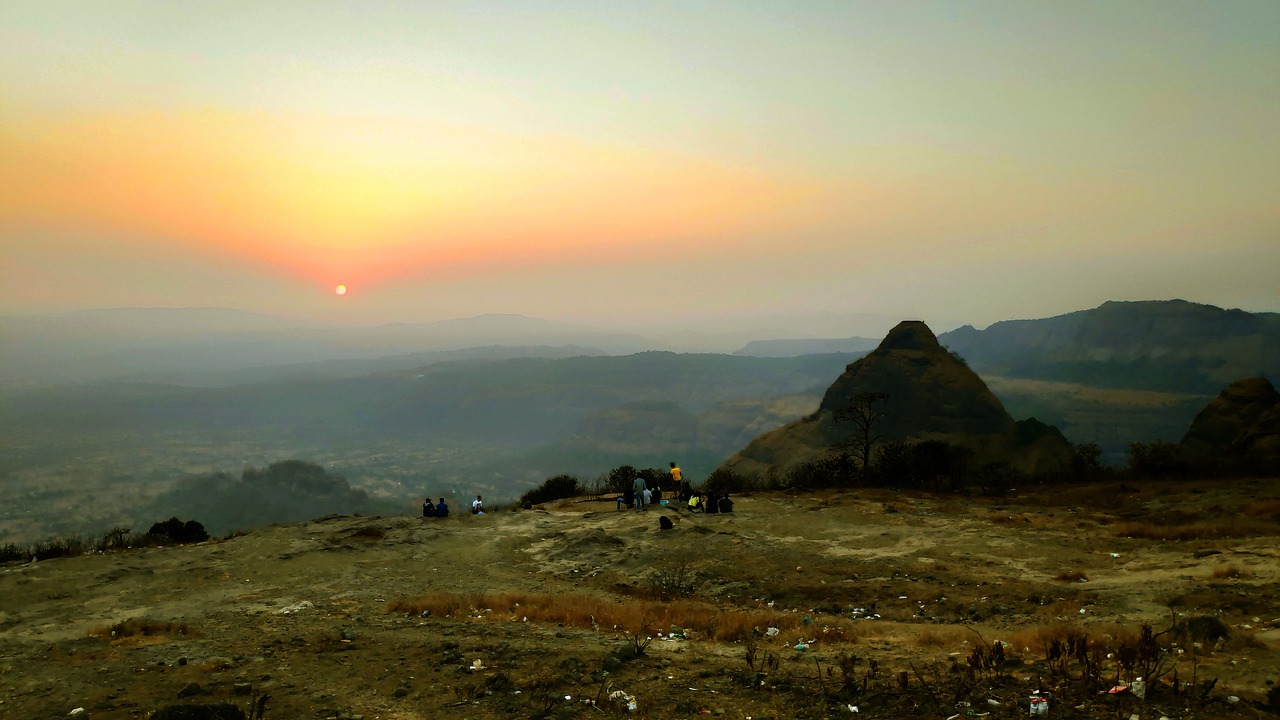
Arts and Literature in Pune
- Deccan School of Painting: Pune is known for its unique style of painting known as the Deccan School of Painting. This art form flourished under the patronage of the Peshwas and is still practiced by local artists.
- Literary Legacy: Pune has been a center of literary activities for centuries. Renowned authors like Vishnu Vaman Shirwadkar (Kusumagraj) and P. L. Deshpande have hailed from Pune, enriching Marathi literature.
- Film Industry: Pune has a thriving film industry, commonly known as “Marathi cinema.” It has produced several critically acclaimed films and talented actors, contributing to the cultural landscape of India.
Festivals and Celebrations
- Ganesh Chaturthi: Pune is famous for its grand celebrations of Ganesh Chaturthi, a festival dedicated to Lord Ganesha. The city comes alive with processions, music, and dance during this time.
- Pune Festival: The Pune Festival is an annual cultural extravaganza showcasing various art forms, including music, dance, theater, and literature. It attracts artists and performers from all over India.
- Navratri and Diwali: The festivals of Navratri and Diwali are celebrated with great enthusiasm in Pune. Traditional dances like Garba and Dandiya are performed, and the city is adorned with lights and decorations.
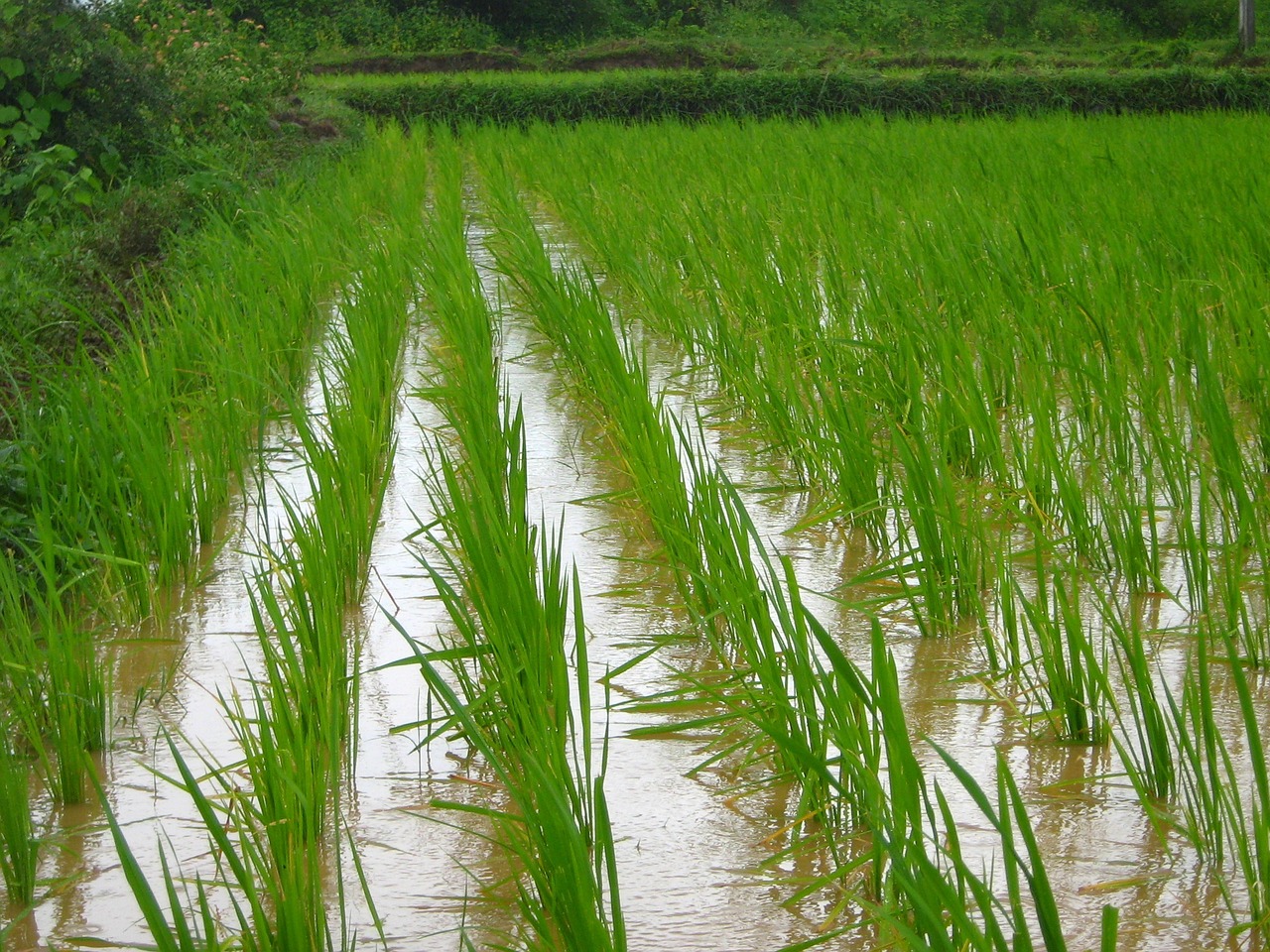
Pune’s Cuisine
- Missal Pav: Pune is famous for its spicy street food delicacy called Missal Pav. It consists of a spicy curry made with sprouted lentils, topped with crispy farsan, and served with bread.
- Bakarwadi: Bakarwadi is a savory snack that originated in Pune. It is made by rolling spiced chickpea flour and wheat flour dough into a spiral, deep-frying it, and then coating it with a tangy and spicy mixture.
- Mastani: Mastani is a popular dessert drink named after the legendary queen Mastani. It is a thick milkshake made with a combination of fruits, ice cream, nuts, and syrup.
Conclusion
Pune, with its rich history, educational institutions, arts and literature, festivals, and delectable cuisine, has left an indelible mark on the social and cultural landscape of India. The city continues to thrive as a center of learning, creativity, and celebration, attracting people from all walks of life.
References
- unipune.ac.in
- coep.org.in
- sibm.edu
- nibmindia.org
- punecity.gov.in
- punefestival.org
- timesofindia.indiatimes.com
- marathicinema.com


